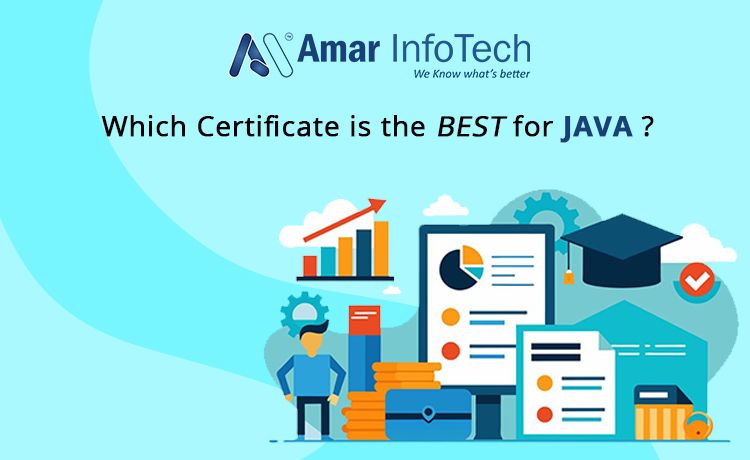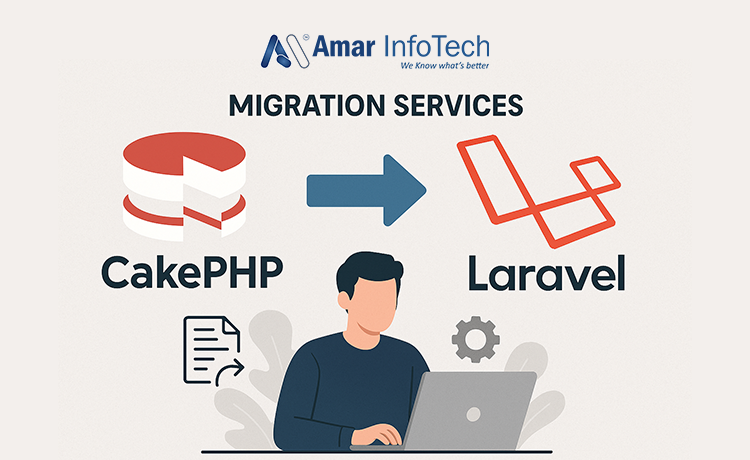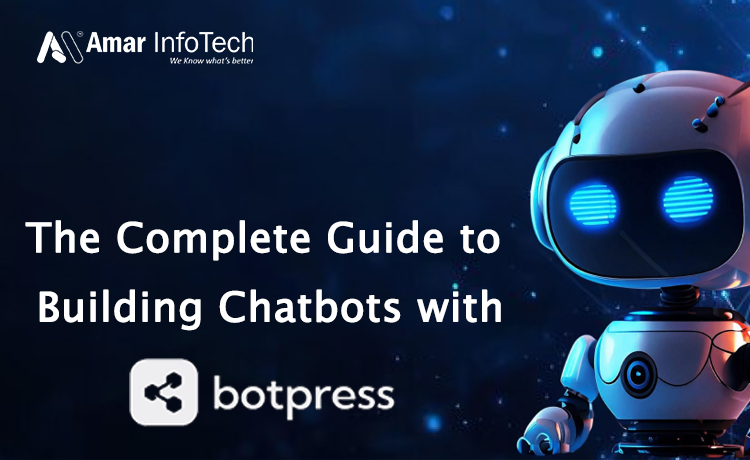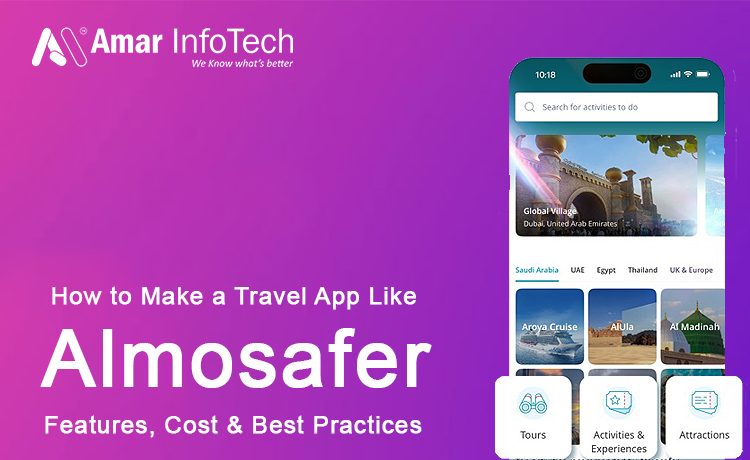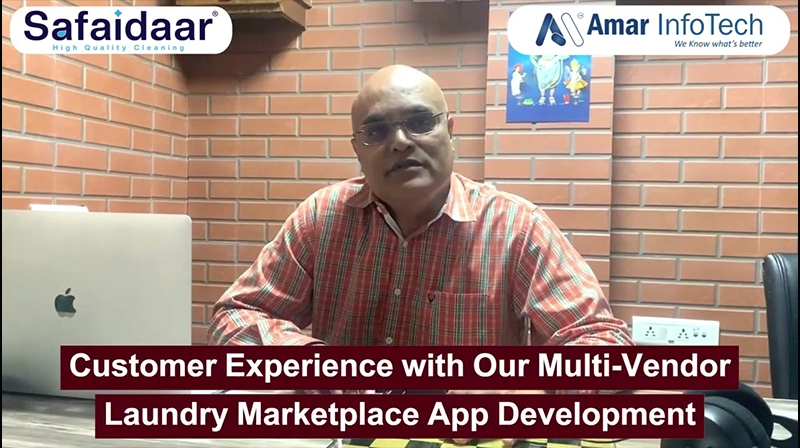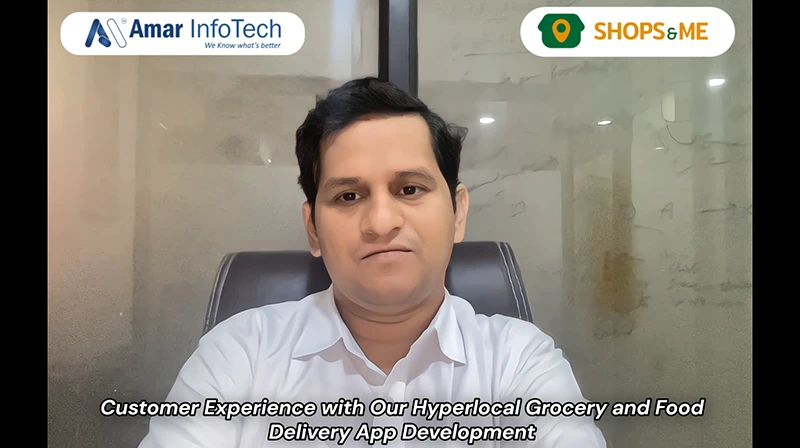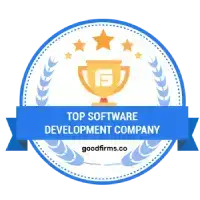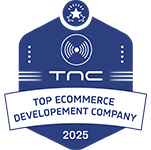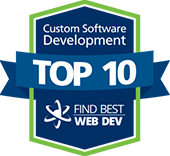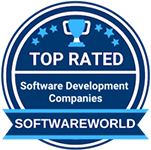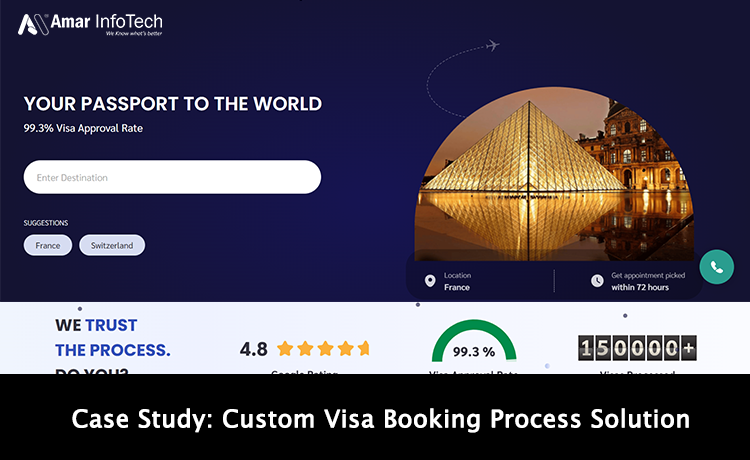Did you know?
- Android is the number one mobile platform across the globe. And it runs on Java.
- The speed and performance that Java offers are unbeatable. This is the reason why Twitter utilizes Java’s Just-in-Time compiler to handle properly a massive 400 million tweets per day.
- Despite being 20 years old, it is ranked the third most popular technology in the world by a stack overflow survey.
- TIOBE 2020 Popularity Index states that Java stays at the top of the list of most popular programming languages across the world.
- If you are using your smartphone, most applications you use are built on Java.
- Most of the enterprise-based applications in enterprises such as the corporate sector, media companies, and banks, are built on Java.
- Almost 90% of the Fortune 500 companies rely on Java for applications and backend development.
- According to NASSCOM, there will be 1 million new jobs for full-stack developers by 2020.
Java Professional Training
By getting involved with ExcelPTP live Training procedure you will get
- Expert Mentors to get 100% Practical Training
- Be familiar with the vision and working Environments of an IT firm
- Interoperability amongst different programming languages
- Learn the best thing and proven practice
- Improve the qualities of leadership
- Understand the complete Project Life Cycle step by step
- Improve the logical, analytical as well as communication skills
- Learn different approaches and tactics to develop high-quality projects
Wow! The above facts are potent enough to tell you how valuable a Java Certification can be for giving a boost to your career.
Let us look at the overview of Java and its features; and what certifications are best for learning Java.
What is Java?
Released in 1995 by Sun Microsystems, Java is a cross-platform, class-based, object-oriented programming language. Different applications such as games, social media applications, video and audio applications, etc
Java is free to access and can run on all the platforms. It is an independent programming language which means that you don’t need to write the code again and again for executing it on different machines. In other words, you can “Write Once, Run Anywhere” and the compiled code can be executed on all the platforms that support Java.
So, Java is a computing platform that can be used for developing applications.
A Java Developer is a professional responsible for writing powerful Java codes to design and build applications along with integrating the front-end to the back-end.
Features of Java
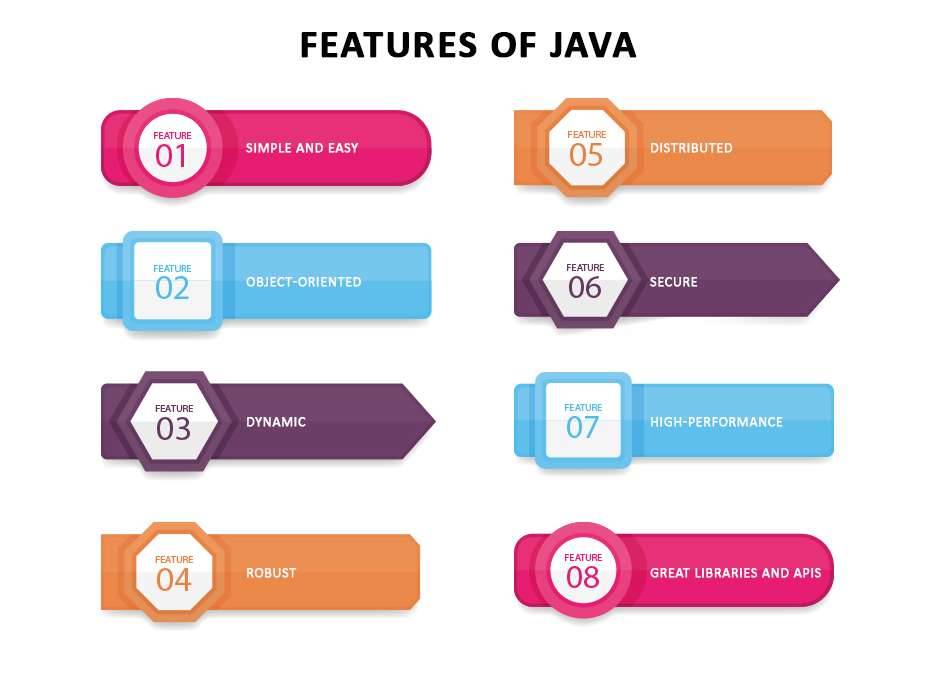
Object-oriented
Java is an object-oriented programming language, which means it is based on the concept of "objects" that represent data and the methods that operate on that data. This makes it easy to design and structure complex programs using a modular approach.
Platform-independent
Java is designed to be platform-independent, which means it can run on any device or operating system that has a Java runtime environment (JRE) installed. This makes it easy to write code that can be run on multiple platforms without the need to rewrite or recompile the code.
Simple
Java is designed to be easy to learn and use, with a syntax that is similar to other popular programming languages like C++ and C#. It includes a large number of built-in libraries and tools that make it easy to develop applications quickly.
Secure
Java is known for its security features, which make it a good choice for building applications that handle sensitive data or run in a networked environment. It includes features like automatic memory management, which helps to prevent common security vulnerabilities like buffer overflows.
Robust
Java is designed to be robust, meaning it is resistant to errors and can handle unexpected input and conditions without crashing. It includes features like exception handling, which allows developers to handle and recover from errors in a controlled way.
Multithreaded
Java supports multithreading, which means it can run multiple threads of execution concurrently within a single program. This makes it a good choice for building applications that need to perform multiple tasks at the same time.
High-performance
Java is designed to be efficient and fast, with a Just-In-Time (JIT) compiler that converts Java bytecode into native machine code for faster execution.
Portable
Java is designed to be portable, which means it can be easily moved from one platform to another. This is made possible by the Java Virtual Machine (JVM), which provides a consistent runtime environment on any platform that supports it.
Dynamic
Java is a dynamically-typed language, which means that the type of a variable is determined at runtime rather than being statically defined at the point of declaration. This allows for more flexibility in program design, but can also make it more challenging to debug.
Extensible
Java includes a large number of libraries and frameworks that can be used to build a wide range of applications, and it is also extensible, which means you can add your own custom libraries and components to the Java runtime environment. This makes it a good choice for building complex, feature-rich applications.
Extensible
Java includes a large number of libraries and frameworks that can be used to build a wide range of applications, and it is also extensible, which means you can add your own custom libraries and components to the Java runtime environment. This makes it a good choice for building complex, feature-rich applications.
Some of the Best Java Certifications
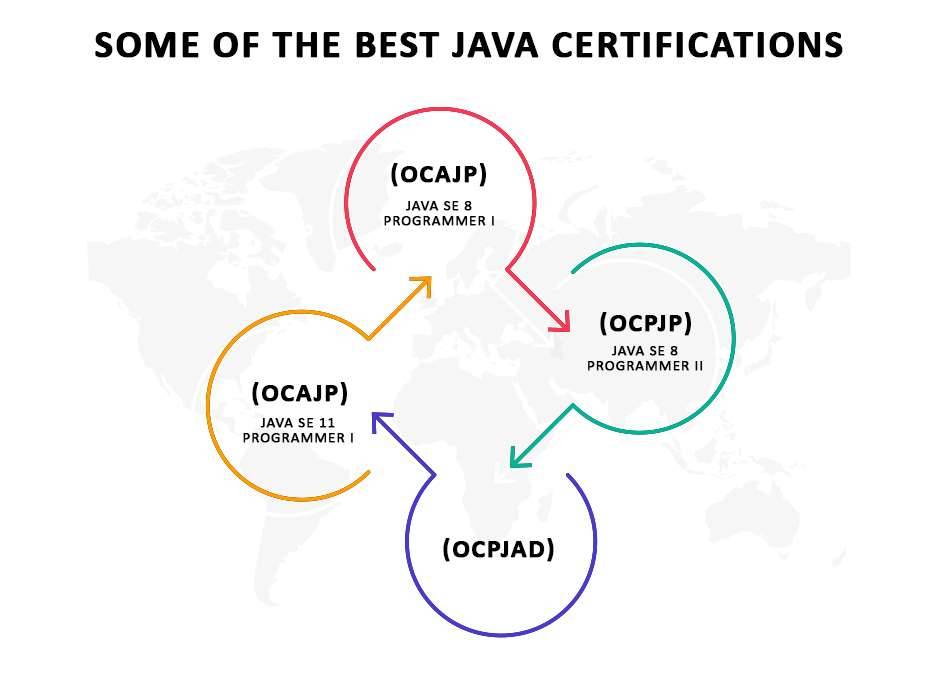
Oracle Certified Associate Java Programmer (OCAJP) or Java SE 8 Programmer I
This is the most basic Java certification offered by Oracle which covers the basic concepts of Java. This makes your grip over Java strong and enhances your programming skills. This certification validates your skills to become an expert Java developer.
- How to get OCAJP certification? : To get hands-on experience in Java SE 8, go with beginner and intermediate Java SE 8 training. Then take the Java SE 8 Programmer I exam and clear it.
- Topics covered : Java Basics, Using Loop Constructs, Handling Exceptions, Creating and Using Arrays, Working with Inheritance, Working with Methods and Encapsulation, Working with Java Data Types, Using Operators and Decision Constructs, Working with Selected classes from the Java API.
- Exam Details : You will get 150 minutes to solve 70 multiple-choice questions. You need to score a minimum of 65% to pass the exam. Code: 1Z0-808.
Oracle Certified Professional Java Programmer (OCPJP) or Java SE 8 Programmer II
This is a professional level certification that demonstrates your knowledge and expertise in code development in Java SE 8. If you have professional experience in Java, going with this certification is best for you.
You can take this exam after passing OCAJP as it is needed to validate that you have the necessary skills required for becoming a master Java developer.
- How to get OCPJP certified? : To gain practical, hands-on experience with coding in Java SE 8, you need to take advanced Java SE 8 Training. Get the OCAJP certification. After this, you can take up the Java SE 8 Programmer II exam and clear it.
- Topics covered : Advanced Class Design, Exceptions and Assertions, Java Class Design, Concurrency, Generics and Collections, Java File I/O, Java Stream API, Localization, Java I/O Fundamentals, Localization, Using Java SE 8 Date/Time API, Lambda Built-In Functional Interfaces.
- Exam Details : The prerequisites for this certification are OCAJP 8 certification. There are 85 multiple choice questions to be solved in 150 minutes. You need to score a minimum of 65% to pass the exam. Code: 1Z0-809.
Oracle Certified Professional Java Application Developer (OCPJAD)
The Oracle Certified Professional Java EE 7 Application Developer demonstrates that you can develop and deploy the applications by utilizing Java Enterprise Edition 7. This certification is ideal for you if you are a software engineer, a solutions architect, or a Java frontend and backend developer with intermediate to advanced level expertise in using Java EE 7.
- How to get OCPJAD Certified? : First you need to gain hands-on experience in Java EE 7 by taking up intermediate and advanced level expertise in using Java EE 7. The prerequisite for this certification is getting OCAJP certified. Then you can take the OCPJAD exam and clear it.
- Topics Covered : Creating Java Applications using WebSockets, Creating Java Web Applications using JSPs, Developing Java Web Applications using Servlets, JSFs, Performing REST services using JAX-RS API, Java EE 7 Architecture, Java EE 7 Security, Batch API, CDI Beans, Concurrency, Java Message Service API, Managing Persistence.
- Exam Details : The prerequisite is the OCAJP Certification. You need to answer 70 multiple choice questions in 150 minutes and you are required to score a minimum of 66% to clear the exam. Code: 1Z0-900.
Oracle Certified Associate Java Programmer (OCAJP) or Java SE 11 Programmer I
This is the same as OCAJP certification with the difference that it is for Java Standard Edition 11.
- How to get OCAJP certified? : You need to take beginner and advanced Java SE 11 training so as to gain practical knowledge. Then you can take and clear the Java SE 11 Programmer I exam.
- Topics Covered : Application of Encapsulation, Handling Exceptions, Creating and Using Methods, Creating Simple Java Programs, Reusing Implementations through Inheritance, Abstract Programming through Interfaces, Java technology and the Java Development Environment, Understanding Modules, Using Operators and Decision Constructs, Working with Java Arrays, Java Primitive Data Types, and String APIs.
- Exam Details : No prerequisites are there for taking this exam. You are required to answer 80 multiple choice questions in 180 minutes. You need to score a minimum of 63% to clear this exam. Code: 1Z0-815.
Also please explore the Java Developer Jobs on Jooble
Bottom Line
Apart from the certifications mentioned above, there are more provided by Oracle Corporation. To give a boost to your career, you can go with any of these certifications.
To pass the exam in the first attempt, the best move is to take up an online training course. Getting flexible learning hours and the preferred mode of learning are just a few of the pros of taking up an online training course.
Getting enrolled is all you need to do.
